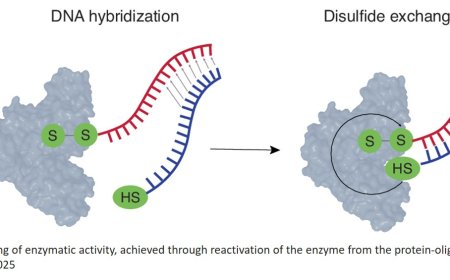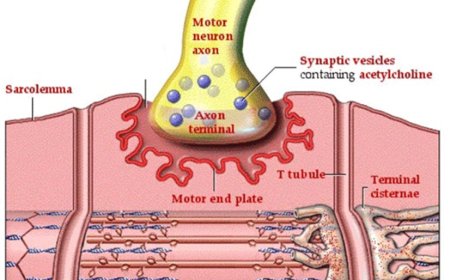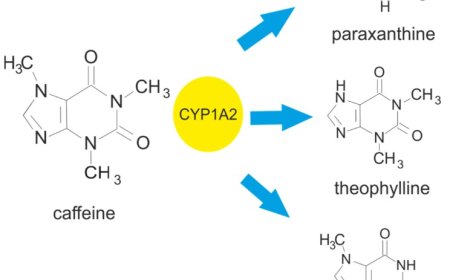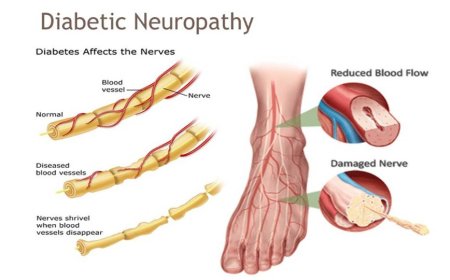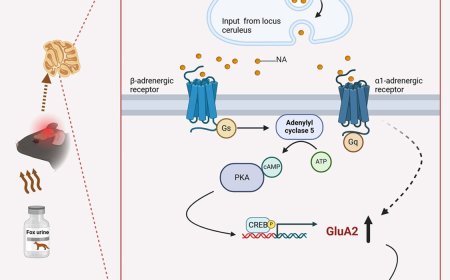Does glial lipid dysregulation alter sleep in Alzheimer’s and Parkinson’s disease?
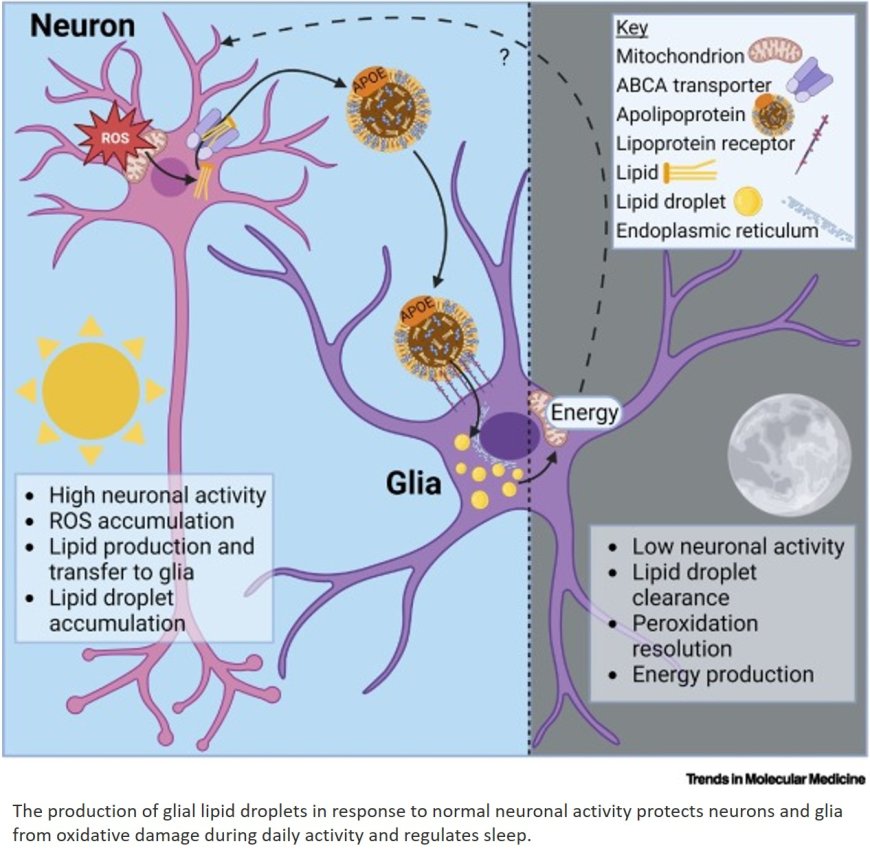
Lipid dysregulation observed in Alzheimer’s disease (AD) and Parkinson’s disease (PD) models may be at the root of sleep disturbances in patients.
Glia play a central role in regulating neuronal lipid metabolism and this impacts sleep regulation.
The formation of lipid droplets in glia protects the brain against daily neuronal reactive oxygen species and regulates sleep.
Defects in the formation of glial lipid droplets contribute to oxidative stress in AD models and may be related to sleep issues in AD patients.
Degradation of neuronal glucosylceramide by glia regulates sleep and protects against neurodegeneration. Defects in glucosylceramide metabolism may be related to sleep issues in PD patients.
https://www.cell.com/trends/molecular-medicine/fulltext/S1471-4914(24)00098-4
